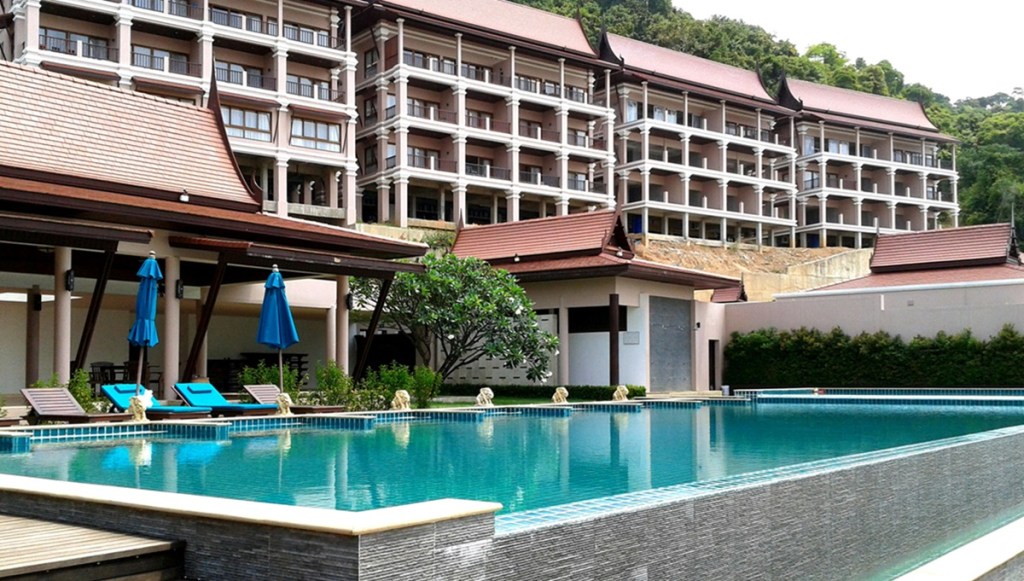– By Kahraman Yigit
The hospitality industry is entering a transformative era defined by the evolving preferences of consumers and the rapid advancement of technology. This period is earmarked by a shift towards sustainability, wellness-centric amenities, AI-powered personalization, and a focus on unique, locally inspired accommodations.
Millennials and Generation Z: Redefining Consumer Expectations
The driving force behind this transformation is the shift in consumer expectations led by Millennials and Generation Z. These demographic groups are redefining the industry’s focus towards sustainability, authenticity, and experience-driven travel, moving away from traditional luxury paradigms. They are inclined towards accommodations that not only provide a local cultural experience but also embody environmental consciousness and flexibility.
Hybrid Hospitality: Revolutionizing Flexibility in Accommodation
A key emerging trend is the rise of hybrid hospitality, which is blurring the traditional lines between living, working, and leisure. This innovative model caters to the needs of digital nomads and remote workers by integrating workspaces with leisure amenities in comfortable living setups. It offers a novel level of flexibility, combining the offerings of both short-term and long-term stays. This versatility addresses the needs of a diverse range of travellers, from those seeking brief stays to others desiring extended accommodation options. By providing various stay durations, hotels can significantly enhance their occupancy rates and guest retention. This approach not only serves an untapped market but also leads to better returns for hotels. In addition, it greatly enriches the guest experience by providing a seamless integration of convenience and comfort, catering to the modern traveller’s desire for mobility and flexibility.
Experiential Travel: Creating Deeper Connections
The trend of experiential travel is gaining increasing traction, with modern travellers seeking authentic, immersive experiences that connect them to local cultures, cuisines, and communities. In response, the hospitality industry is evolving to offer more than just accommodation; it’s about creating a sense of place and establishing meaningful connections.
Technological Innovations: A New Hospitality Landscape
The integration of technology, especially in the aftermath of the pandemic, has significantly transformed hospitality. Video conferencing and AI have become integral in enhancing guest
experiences, offering personalized room settings, and streamlined check-ins. These technological advancements are not just about convenience; they are reshaping operational efficiency and personalization in hospitality services.
Automation for Operational Efficiency
The hospitality industry is increasingly incorporating automated systems such as self-service kiosks and virtual concierge services. These innovations streamline operations, reducing wait times and providing personalized assistance. They also contribute to reduced labour costs and more efficient resource management, aligning with sustainable operational practices.
Personalized Guest Experiences through AI
AI-driven systems are leveraged to customize guest interactions, using data analytics for personalized service delivery. Video conferencing ensures round-the-clock accessibility, significantly elevating the guest experience by offering constant availability and customized assistance.
Future Directions: IoT and Security Enhancements
Looking ahead, integrating Internet of Things (IoT) devices in hotel operations will further enhance the guest experience, offering intuitive control over room environments. Advanced security protocols are crucial to ensure guest safety and privacy in a digital-first world, addressing the increasing concerns around data security and personal privacy.
Sustainability as a Strategic Imperative
Sustainability has emerged as a strategic imperative in the hospitality industry. Hotels and accommodations are increasingly adopting green practices, from energy-efficient systems to sustainable sourcing. This shift not only appeals to the eco-conscious traveller but also contributes to long-term operational efficiency and cost savings.
Maintaining the Human Touch Amidst Technological Advancements
While technological advancements are pivotal, the essence of hospitality remains rooted in human interaction and warmth. The industry faces the challenge of integrating technology while preserving personal connections. Staff training is key in using technology as a tool to enhance, not replace, personal guest interactions, ensuring a balance between high-tech and high-touch services.
Conclusion: A Balanced and Innovative Future in Hospitality
As we look towards 2024, the hospitality industry is set to embrace a future where sustainability, personalization, and technological integration converge. This future goes beyond merely adopting new technologies; it’s about leveraging these advancements to enhance the human aspect of hospitality. By finding the right balance between the latest technological innovations and the irreplaceable human touch, the hospitality industry is well-positioned to offer experiences that are both cutting-edge and deeply personal. This approach will cater to the evolving needs of modern travellers, promising a hospitality experience that is both innovative and profoundly human. The industry is thus poised to enter a new era, marked by a harmonious blend of technological sophistication and the enduring appeal of human hospitality.
(Kahraman Yigit is the co-founder and CEO of Olive by Embassy.)
(Disclaimer: Views expressed are personal and do not reflect the official position or policy of Financial Express Online. Reproducing this content without permission is prohibited.)
